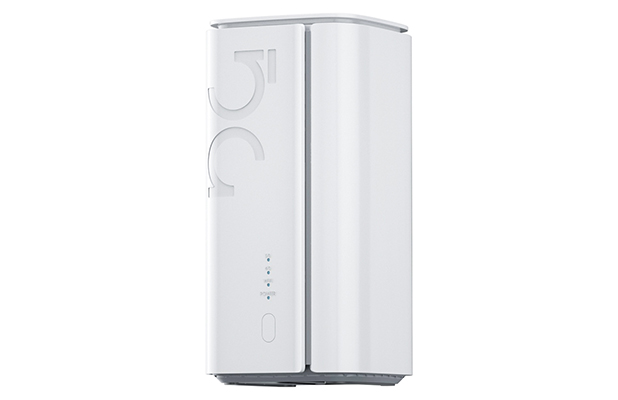What are the special features of industrial routers? What is the difference with the switch
Industrial routers, a kind of routers we commonly use, although they are used in the industrial field. However, the essence is also a router. It is a device that can be used to transfer information between multiple networks.
The difference between industrial routers:
1. The ports are different. For WAN/LAN network ports, industrial routers are usually limited, while switches have more LAN ports (up to 48 ports on the Internet).
2. There are also differences in signal transmission methods. Industrial routers generally refract wifi signals through cellular network networking. On external devices, industrial routers generally have 5dbi full-frequency rod antennas, and the signals are more stable. Whereas an Ethernet switch is a wired network connection.
2. Different functions and usage scenarios
Industrial router: can connect multiple/different virtual networks
Ethernet switch: One-way expansion of the access point, so that multiple terminals can access the network.
Because industrial routers have stable and efficient signal transmission equipment, industrial routers are often used in industrial applications, such as underground monitoring, outdoor parking lots, security wireless video surveillance and other industrial projects.
Industrial switches are connected to the Internet through wired connections, and are commonly used indoors, such as unattended computer rooms, building distribution boxes, and other application scenarios.
3. Different network processing
1. Different distribution data
Industrial router: can automatically assign IP and virtual account for LAN
Ethernet switch: It is only used to distribute network data.
2. Different processing protocols
Industrial router: the network layer supports "TCP/IP" protocol, and handles IP addressing
Ethernet switch: It is only used to distribute network data.
3. Different support protocols
Industrial router: the network layer supports "TCP/IP" protocol, and handles IP addressing
Ethernet switch: addressing according to the "MAC" address at the relay layer.
4. Whether the IP is unified
Industrial router: the network layer supports "TCP/IP" protocol, and handles IP addressing
Ethernet switch: addressing according to the "MAC" address at the relay layer.
5. Firewall function
Industrial routers: support firewalls to ensure data security.
Ethernet switch: does not support the firewall function.
